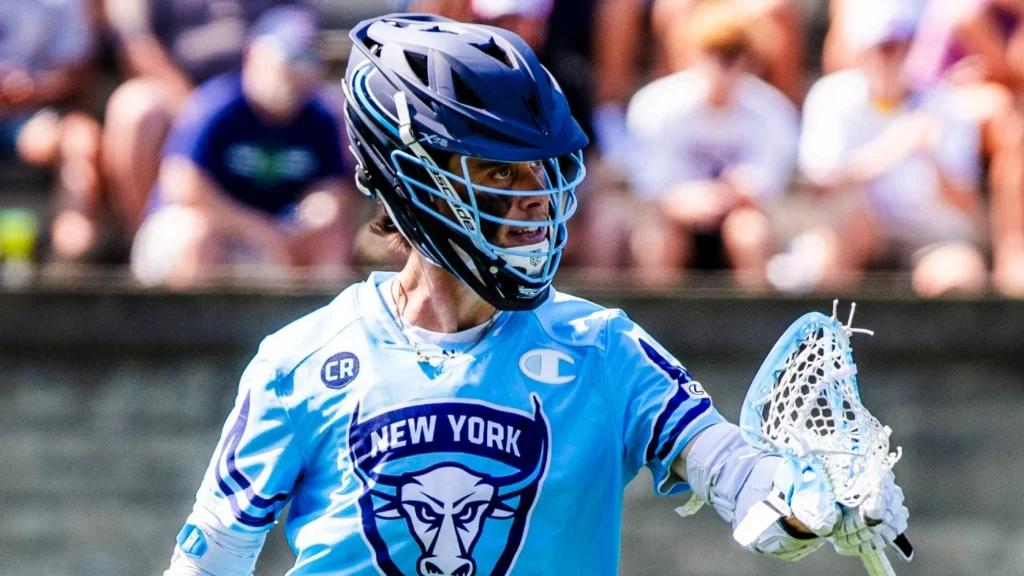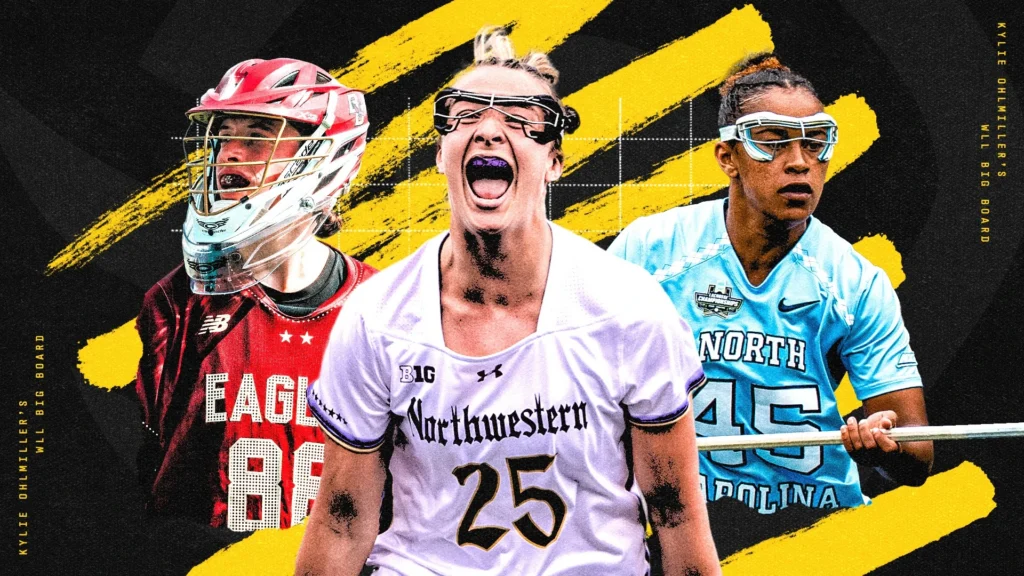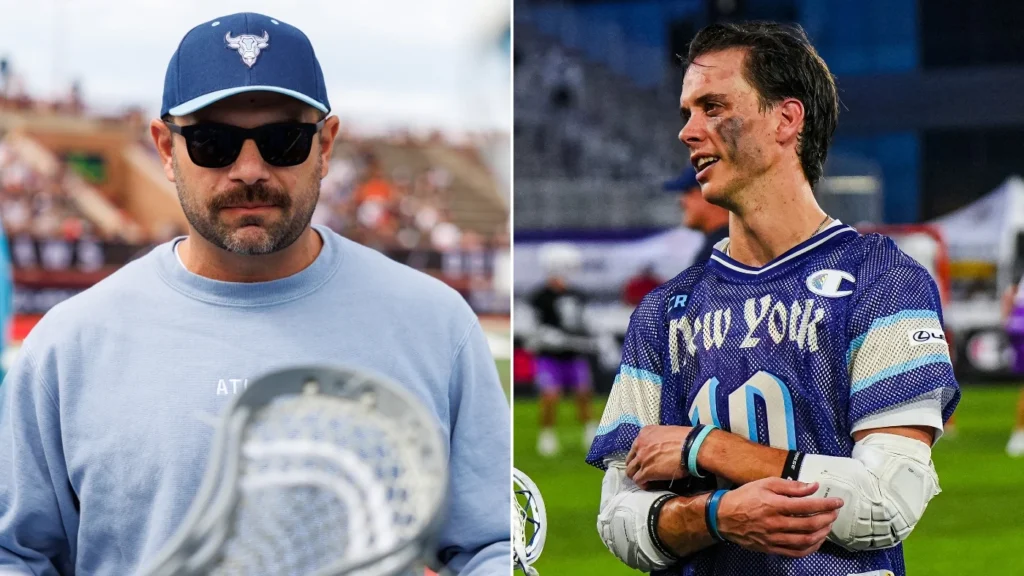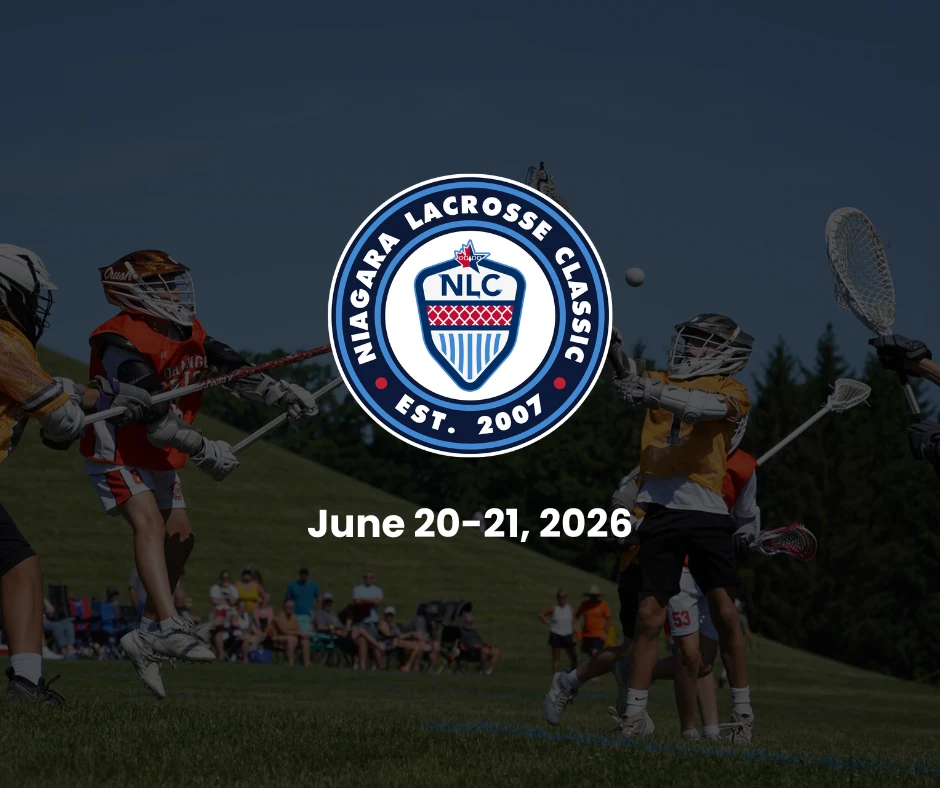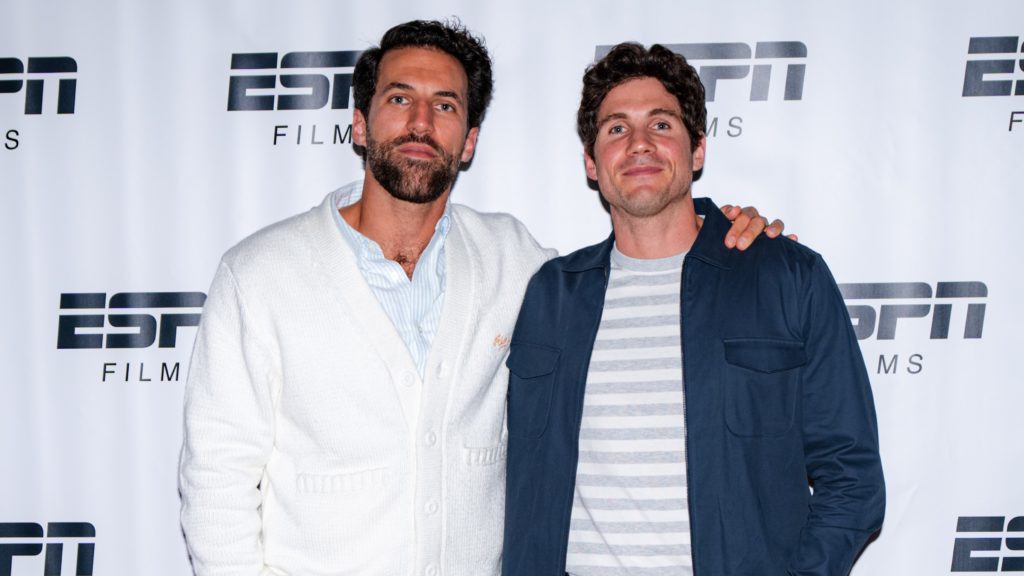
Q&A with ‘Fate of a Sport’ director Michael Doneger
By Josh Schafer | Sep 15, 2022
Michael Doneger isn’t a documentarian by trade. But when the opportunity arose to document a close friend creating a professional sports league, the screenwriter wanted in.
The director of what would eventually become ‘Fate of A Sport’ — which is available now on ESPN+ — pitched the idea to Paul and Mike Rabil in 2019 ahead of the inaugural PLL season. What he didn’t know then was how much of the journey had already been captured on film. There were seemingly endless hours of video surrounding the league's creation. The camera rolled on behind the scenes meetings with potential broadcasting partners, negotiations with the MLL and player recruiting calls.
At that time, the project, like the PLL, was small. It wasn’t a heavily financed production, just a passionate group of storytellers who followed Paul and other key league executives throughout the league’s first few seasons. Doneger wasn’t confident the film would make it into the Tribeca Film Festival. So few great films do. He wasn’t sure where it’d be widely viewed either. As he says, it’s not like the story centered around Tom Brady or LeBron James. But lacrosse’s version of those players had a story to tell too.
And slowly, the film gained momentum. It premiered at the Tribeca Film Festival in June and will be broadcasted on ABC prior to the championship game on Sunday, September 18 at 1 p.m. ET.
Below is an edited Q&A with Doneger highlighting how the film came together and the mission behind its creation.
You had a prior relationship with Paul and Mike but how did this idea come about? And what do you remember from that part of the process?
So Paul, and I, our relationship goes way back. We, were college teammates and roommates together at Hopkins. And so following Hopkins, we kept in touch, you know, we remained good friends for all these years afterwards. And Paul and I had always been looking for something to collaborate on, as you know, he's a storyteller himself. And, you know, when they announced the formation of the PLL, and they moved operations to LA, it was actually right at the time when I was looking for my next project. And I remember just putting a pitch reel together, I pulled a bunch of images and video of Paul off the internet, set it to, you know, cool song. And actually, I was digging up that video the other day. It brings back a lot of memories of just like the origin of how this thing happened, and how far we've come since. But anyway, I put together his pitch video, and, you know, they jumped in, they wanted to do it. And the pitch was basically let's just film the behind the scenes making of the PLL.
And what I didn't know at the time was, was how much footage they'd already had, that Brett Roberts was already recording. And Brett was there with Paul and Mike and all these investor meetings, and these TV network meetings and all of that. And so my job was made so much easier once they decided to go through with this because I already had a treasure trove of footage to work with. I approached them because Paul is just an interesting figure. He's both Vince McMahon, and also LeBron James in one person. And I thought as a subject for a documentary, that is fascinating, and people want to see that character. And so it had, you know, the lacrosse aspect was kind of second even though lacrosse is near and dear to my heart as I'm sitting here talking to you with a lacrosse stick in my hand. It was certainly an opportunity that I saw for me to give back to the game. If in the best case scenario, this would be a story that were to get out to the world and we'd invite the non-lacrosse fan to really see it but, again, first and foremost, it was character and it was Paul and Mike and just knowing how much of themselves they were going to put into the building of this league, I knew that that sacrifice and that's sort of human interest story would be interesting to people that were not lacrosse fans.
What did you want this to say about lacrosse? What did you feel like the overarching kind of message was about the sport?
What was so unique about what Paul and Mike were trying to do, they weren't trying to just build another professional lacrosse league, they were trying to change the narrative of a battered sport, a sport that has not had a flattering portrait of itself portrayed in mass media. And, you know, Paul and Mike, it's part of their ethos with building the PLL that they wanted to highlight the sorts of stories that weren't yet pronounced. And, that was really interesting to me.
The sport has so much to offer. And not enough people know that. And hopefully, they'll see the sacrifice that these athletes put into it and, and how it is not necessarily. It does not fit the stereotypes that (lacrosse) is often painted with.
The documentary is primarily behind-the-scenes footage. Where did that all come from? How much of it existed before you started on the project?
I remember, our first official meeting was in February of 2019. (But the filmed parts before that) is all Paul. And that's his ability to be, you know, a great storyteller which he is. And he had the foresight that it was going to be used at some point. And he would always say, imagine the UFC had this sort of footage when they were building it 20 years ago. And imagine, imagine they had all that. So that just goes to Paul's ability to just understand the power of film and documenting things and being transparent. And so really, once we had all of that, I came on for our first official day of shooting, I remember was in April 2019. And then leading up through that season, all the way through that season. And ever since then, right? So all of the stuff that I was involved with, under data on a daily basis was from April '19. And we were shooting this thing up until maybe, March of this year, March of 2022.
What was the film crew setup like? Give us a look at what it looked like from the other side of the camera during these moments.
Very guerilla style. You know, Brett Roberts is Paul's right-hand man. So he's with Paul 24/7. And that is an incredible asset for us to have had. So, you know, for instance, during weekends, right during game weekends, Brett's responsibility was basically: Be with Paul at all times. Be with Paul on the bus as he's going to the games. Be with him in the hotels, in the locker room. In addition to all of Brett's other responsibilities for the league. But he was Paul's guy. We were always gonna have a camera on Paul. And then we collected all the other footage, you know the game footage sideline footage, other locker room footage from all the other shooters from you know, Jordan Shiparski and some of the great PLL videographers.
There are some big celebrities in the documentary that aren't always associated with lacrosse. How did you get them to be a part of the film?
We had, you know, an ongoing list that we will put together and you know, I don't have a relationship with Adam Silver, I don't have relationships with Bill Belichick. I don't have relationships with a lot of our interview subjects. That was all Paul. Paul's like, hey would you want to talk with Belicheck and Adam Silver? And I was like 'Yeah, absolutely.’ And so Paul would send an email to someone from their team. And then I'd take it from there and then set up, you know, interview days and all that. But yeah, most of those interview requests came from Paul's direct relationships. Which again, having someone like Paul as a subject of your documentary, also be you know, a celebrity in his own right and have these fantastic relationships that he's built over the years that has, you know, just helped our film become what it is. You know, Jeffrey Wright I reached out to. I just sent Jeffrey a DM, we found out that he played lacrosse and I sent him a DM on Instagram. And he responded right away. And he's like, 'Yeah, let's do it.' Let's shoot.
Fate of A Sport is going to be on ESPN+, and even broadcasted on ABC later this year. How exciting is it that it's going to be premiering? What's this moment been like for you and the team to see this all the way through?
It's surreal. I mean, it's, you know, it started as a very intimate, independent film project with not a lot of financial resources behind it, a very small filmmaking group. At its core, between me and Brett, our editor, Curtis McConnell, Dan Crane, our writer and then also, you know, our producer Matt Tolmach and Phil Byron and Camille Maratchi. They were very helpful in a lot of their notes, and calls and just helping shape the story and all that sort of stuff. But to think that we applied to Tribeca, and we got into Tribeca, we kind of didn't think we were going to get into Tribeca because it's nearly impossible to get into a big film festival like that. And again, lacrosse is not basketball. This isn't a story about LeBron James. This isn't a story about Tom Brady. This is a story about the best player in his sport, but that sport happens to be a very niche sport. So our expectations to get into a festival like that were certainly not very high.
It really is surreal to think back to how intimate this started to now being on ESPN. Just so grateful for that and the people that have taken chances on us, right? I mean, LeBron James' company. They see an early cut and they want to get on board. I liken our filmmaking process to that of the building of the PLL. Very few believers and it's just a very bunch of gritty people trying to make the best movie that they can. And then we started to get more people hopping on board, and that allowed us to really become like an established film and respectable film as we went through the festival process and you know, next week we're airing on ESPN+.
